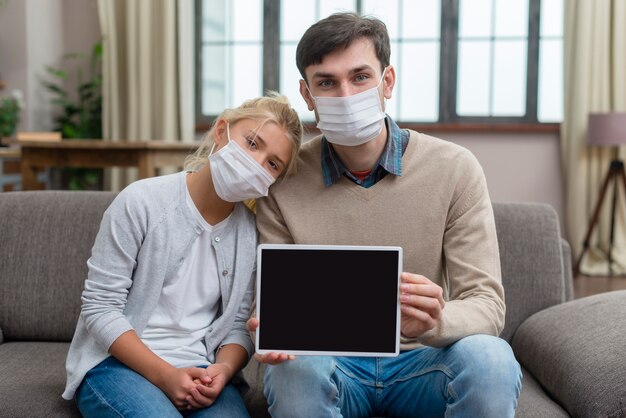
Have you noticed a struggle in the bedroom lately? If you’ve had COVID-19, it might be playing a role. While most people associate the virus with symptoms like loss of smell and taste, fatigue, or breathing issues, another potential side effect that’s coming to light is erectile dysfunction (ED).
Doctors and researchers, including urologists like Dr. Rahul Mehan, have been observing a connection between COVID-19 and ED. In fact, Dr. Mehan has seen an uptick in younger male patients in their 40s and 50s reporting sexual health issues during the pandemic. The virus seems to trigger a powerful inflammatory reaction in the body, and this inflammatory response may also impact sexual function.
### How COVID-19 Can Affect Sexual Health
If you’re dealing with ED after recovering from COVID-19, here are some possible reasons why:
#### 1. Blood Vessel Damage in the Penis
The penis has delicate blood vessels that are crucial for maintaining proper blood flow and achieving erections. COVID-19 can cause inflammation and small blood clots in the body, which may restrict the flow of blood to the penis. When blood flow is limited, it can make erections more challenging.
#### 2. Lower Testosterone Levels from Testicle Damage
Testosterone is essential for sexual health, but studies suggest COVID-19 might affect testicular cells and lower testosterone levels. The virus can invade cells with the help of a protein called ACE2, which is found in the testes. Since testosterone production happens in the testes, this can impact both fertility and erectile function. Research has shown that some men who recover from COVID-19 have reduced testosterone levels, making it a good idea to get your hormones checked if you’re experiencing ED.
#### 3. Mental Health Challenges
The mental burden of the pandemic has been significant, whether it’s from isolation, financial struggles, or the loss of loved ones. These stressors can heavily impact someone’s libido. Additionally, those dealing with “long COVID” symptoms may be at an even higher risk for ED, as sexual activity is closely tied to mental well-being. Stress, in particular, can take a toll on sexual performance if you’re not mentally in the right place.
#### 4. Overall Health Strain
ED can often be a sign of broader health concerns. Poor overall health and preexisting conditions like heart disease can increase both your risk for severe COVID-19 complications and for developing ED. COVID-19 itself can worsen cardiovascular issues and lead to new health problems such as myocarditis or irregular heartbeats. Some men may even be prescribed new medications that have side effects contributing to sexual dysfunction.
### Addressing Erectile Dysfunction
If you’re dealing with ED after recovering from COVID-19, it’s important to see your doctor rather than relying solely on over-the-counter solutions. Your doctor can help figure out what’s causing the issue and suggest the best treatment options. There are many effective strategies and treatments available for men facing ED, so don’t assume it’s a permanent problem.
### Protecting Yourself Moving Forward
The best way to reduce your risk of COVID-19 complications, including ED, is to prevent infection in the first place. Getting vaccinated is a key step, as there’s no evidence that the COVID-19 vaccine causes or worsens ED. Following public health guidelines, such as wearing masks and practicing good hygiene, can also help minimize your risk of catching or spreading the virus.
Taking these preventative measures won’t just protect your health—it can also help safeguard your sexual well-being.